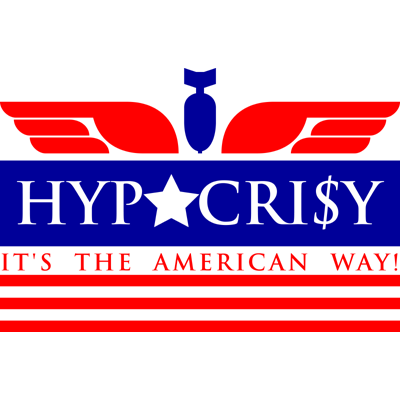Jun 27
20120
Amnesty International, Human Rights Watch, Imperialist Wars/Occupations, The International Campaign to Destabilize Bolivia, USAID
ALBA Amnesty International Bolivia Destabilization Human Rights Watch Imperialism Morales Nicaragua Non-profit Industrial Complex TIPNIS USAID
Jorge Capelán, Lizzie Phelan and Toni Solo Discuss USAID and Western NGOs in Latin America
26/06/2012
Jorge Capelán, Lizzie Phelan and toni solo discuss the recent announcement by President Daniel Ortega on the future of USAID development cooperation in Nicaragua and the US government’s politically motivated denial of the “transparency” waiver..
Click link below to listen to podcast (English):
http://tortillaconsal.com/tortilla/es/node/11418




